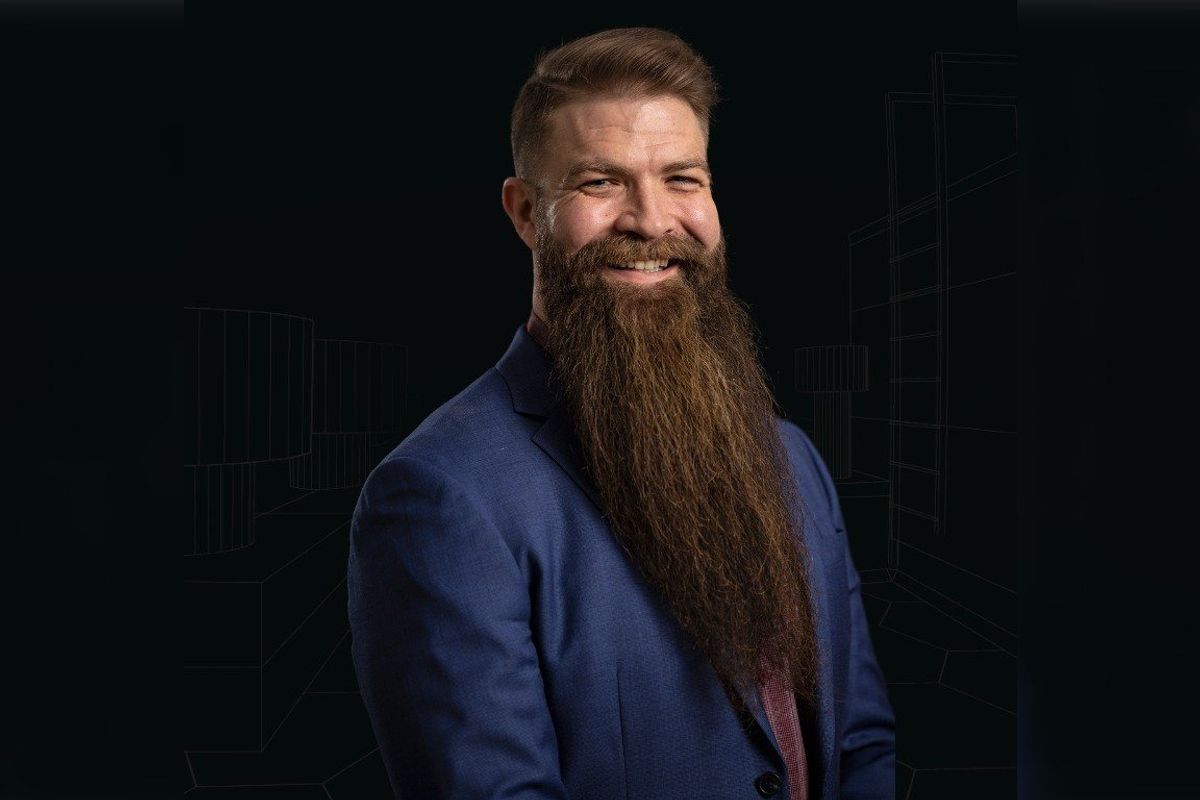Growing Houston startup moves into 43,000-square-foot facility amid 'hypergrowth phase'
major milestone
A Houston startup has moved into a new space that's more than four times larger than its previous setup — a move that's setting the company up to scale its business.
NanoTech Materials celebrated its move into a new facility — a 43,000-square-foot space in Katy, Texas, this week. The materials science company currently distributes a roof coating that features its novel heat-control technology across the company. Originally founded in a garage, the company has now moved from its 10,000-square-foot space at Halliburton Labs into the larger location to support its growth.
“The new facility allows us to not just focus on the roofing, and that’s growing at a pretty rapid pace, but also stand up different production lines for our next iteration of technologies coming-out," Mike Francis, co-founder and CEO of NanoTech tells InnovationMap.
The space allows for a 340 percent increase in the manufacturing and operational capabilities, including producing 55 million square feet a year of roof coating. Francis says the new products he's focused on launching and scaling include a wildfire protectant coating and liquid applied insulation for trucks and containers to control heat for driver and worker safety.
Francis adds that he will be expanding the company's team to support this growth.
“We’re constantly hiring now,” he says. “We have about 25 employees right now. Next year, we’ll probably be double that. We’re kind of in a hypergrowth phase."
Francis likes to credit Houston in part for NanoTech's ability to grow at this pace and to be successful.

“Houston has a shot at being one of the top startup cities of the world — I think it’s going to take a lot of time and capital, but what makes Houston different is its ability to scale existing technologies,” Francis says.
“I really think that Houston is already the spot to take an existing technology and build a team around it to turn it into a company because you have all of the players — whether it’s the end customer or the incubators and 'scalerators' — and you have all of these pieces coming into place," he continues. "Maybe it’s not the best place to start a company, but it’s definitely the best place to scale a company because of the ecosystem is really willing to participate and raise up startups like ours."
As the first company selected for Halliburton's incubator, Halliburton Labs, when it launched in 2020, NanoTech has worked closely with the company that housed and supported them for years.
“Once you’re in the Halliburton Labs fold, they are always just a phone call away from making something happen," he says. “We’re transferring all that knowledge into a bigger facility — growing up and graduating from what they gave us.”
Last year, NanoTech raised an oversubscribed funding round that brought on a handful of new investors. The details of the round were not disclosed, but NanoTech did release that the round included participation from three institutional investors, two corporate-strategic investors, and seven family offices. The company originally raised its seed round in 2020.
The NanoTech team, including Francis and Carrie Horazeck, chief commercial officer, joined the Houston Innovators Podcast last year to discuss how they've rolled out their first line of business.
- Here's what Houston startups snagged fresh funding last quarter ›
- Editor's Picks: 7 favorite Houston Innovator Podcast episodes of 2023 ›
- Houston material science company strategically rolls out flagship product nationwide ›
- Houston climate-tech startup adds new investors in oversubscribed funding round ›
- Promising Houston startup expands energy efficiency product to Middle East, Singapore - InnovationMap ›














